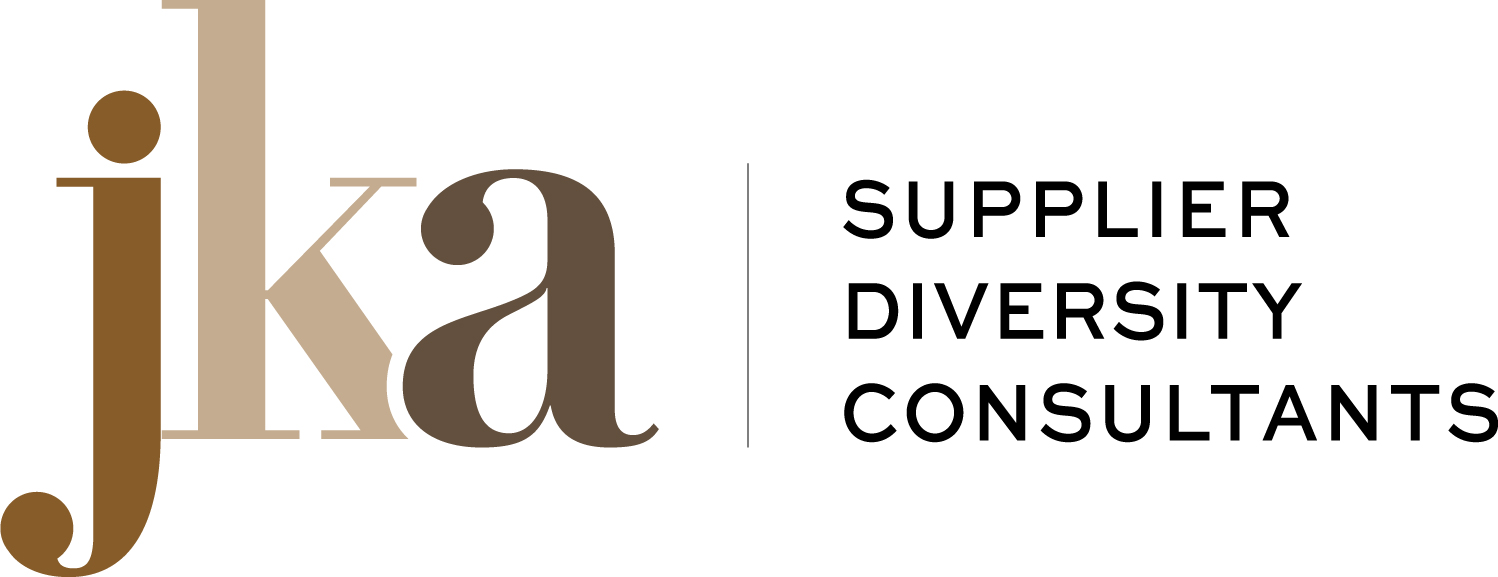Sometimes, M/WBEs are so focused on landing government contracts that they put the compliance part of the job on the backburner. Then, by the time they are getting ready to start working, the contract obligations and responsibilities are not clear to their team. This can cause a ton of headaches for small businesses, especially when these issues can be so easily avoided with just a little bit of preparation and knowledge. So, when you win a government contract, here are some of the things that you should be looking out for:
Have a Kickoff Meeting
The very first thing you should do once you land a government contract, even before you put in a single hour of work, is to have a kickoff meeting with the client.
In this meeting, you will want to go over everything in the solicitation and the bid that you prepared. Specifically, you want to take a very close look at the solicitation requirements to make sure there weren’t any misunderstandings and that everyone’s responsibilities are clear. From this, you want to develop a checklist of what you are going to do and what the government client really wants. This is called a contract onboarding process.
Find Out Who You Are Going to Be Working With
One of the reasons why a contract onboarding process is so important is that you need to know exactly what the expectations are from the department you will be working with. This is a critical part of building a successful working relationship with the government agency.
Although you will have been talking with people at the government agency before, they aren’t necessarily the same people you will be dealing with throughout the contract. The procurement department of a government agency is often responsible for writing the RFP and figuring out which company’s bids will win. These are the people you will have been talking with up to this point, but there will be a whole new team of people in place when it comes to the execution of the contract. This is why it’s so important that you sit down for a handoff/kickoff meeting with both the procurement team and the team you will be working with going forward.
Make Sure the Contact is Entered into the System
Just because everything is working like clockwork at your end of the contract doesn’t necessarily mean that all of the “t”s were crossed and “i”s dotted at the government agency. Before starting work on your new contract, it’s essential that you confirm that the contract as agreed to has been entered into their system.
Once the contract is entered into the system, the funds for it will be freed up and available, but never beforehand. In the past, there have been many instances where M/WBEs have won contracts and start the work without confirming the contract was fully processed. To put it simply, if the contract is not in the system before you start work, you are not going to get paid. So double check!
Understand Your Obligations Concerning Local Laws
Just because you’re aware of all the obligations listed in the government contract doesn’t mean that there aren’t other local law requirements you will also need to comply with.
Using New York City as an example, there are many local laws on the books regarding employee rights. For example, you must provide notifications of all changes to employees of any changes to the project and make sure they know that they have paid sick leave. There are also new sexual harassment training requirements that will be in place soon. So even as you are doing business with government agencies, you’re still obligated to be compliant with local laws.
You also need to make sure you comply with all of the legal requirements related to bringing new people onto a project. I would encourage you to take a close look at your onboarding process for new workers, whether they’re part-time or full-time employees or subcontractors, to confirm that there will be no issues.
Record Keeping
Although your small business may keep excellent records, there is a new standard that you must meet when it comes to working with government agencies. You need a full understanding of the recordkeeping and reporting requirements that you’re going to be obliged to throughout the government contract.
This kind of record keeping is essential because, as a vendor doing business with the government, you’re subject to audit. You can be audited at any time during the contract, as well as up to six to ten years after.
The bottom line is that, as an M/WBE working with a government agency, you need to be able to make the distinction between what the government is asking for and what is feasible within the time and budget you’ve been allotted. You should be keeping track of all benchmarks within your company and team so you can continuously measure your success, report on it, and make improvements to the process.
If all of this sounds rather complicated, we have you covered. On November 14th, we will be holding the free Understanding Contract Responsibilities for Professional Service workshop at the NYC Department of Small Business Services. In this workshop, we will be covering everything I talked about above in much greater detail. These workshops are specifically designed for M/WBEs and have proven to be very, very popular. In fact, there are already only a limited number of spots left for this workshop! If you want to guarantee that you will be there, book as soon as possible. And if it’s too late, don’t worry because there will be lots more free workshops focused at small businesses owned by minorities and women in the near future! Hope to see you there!





